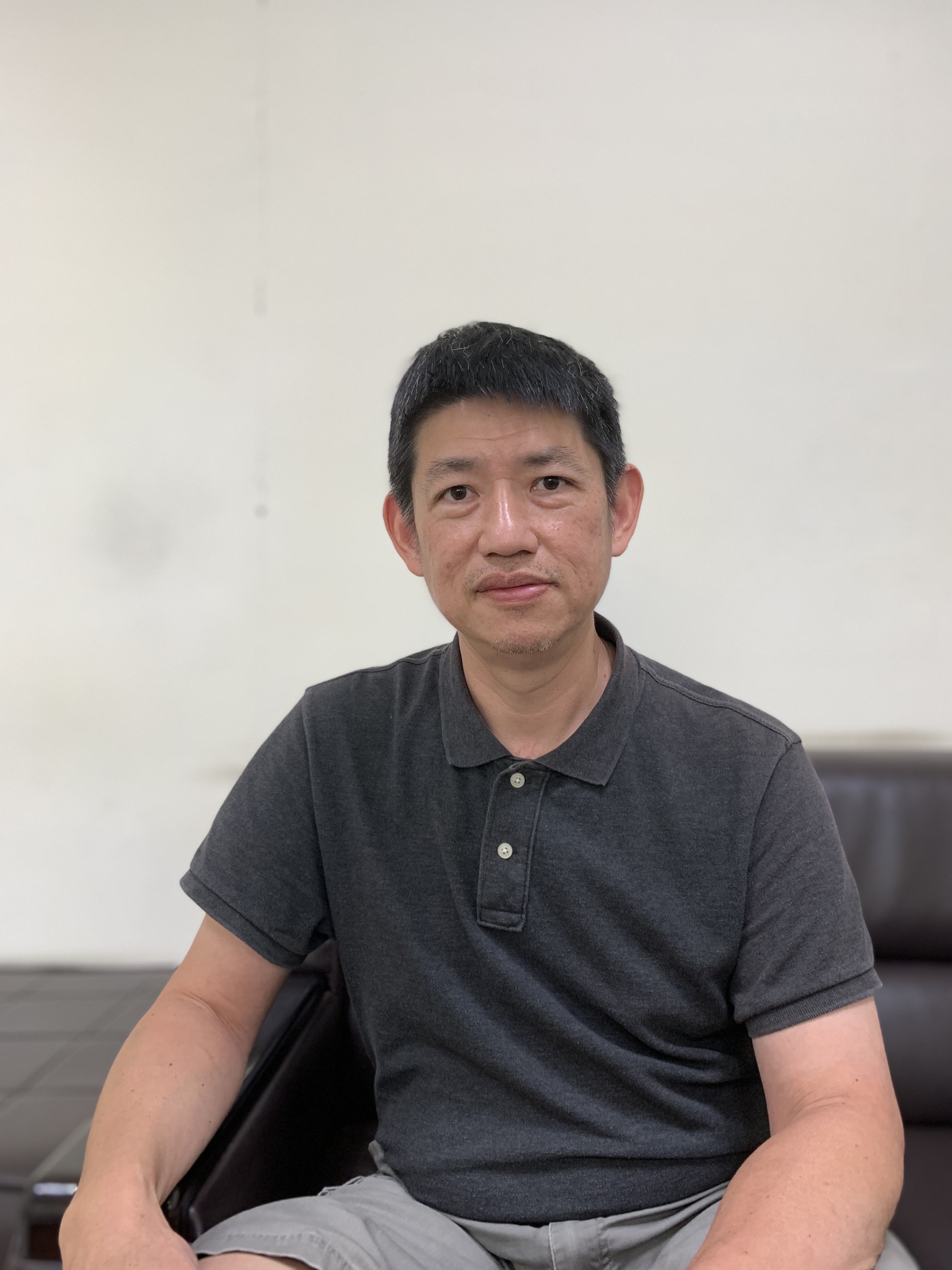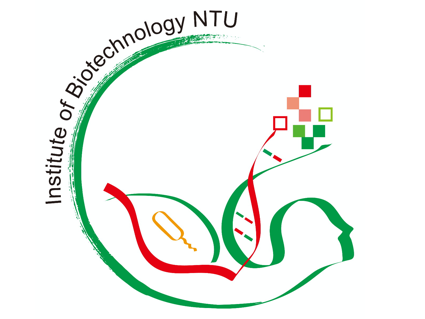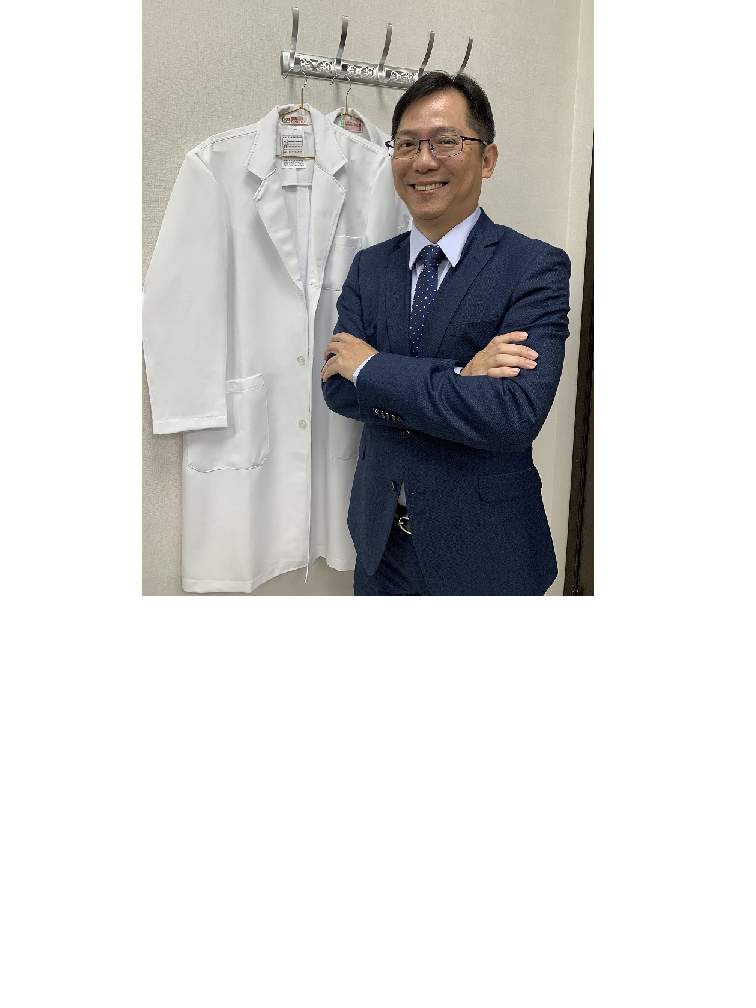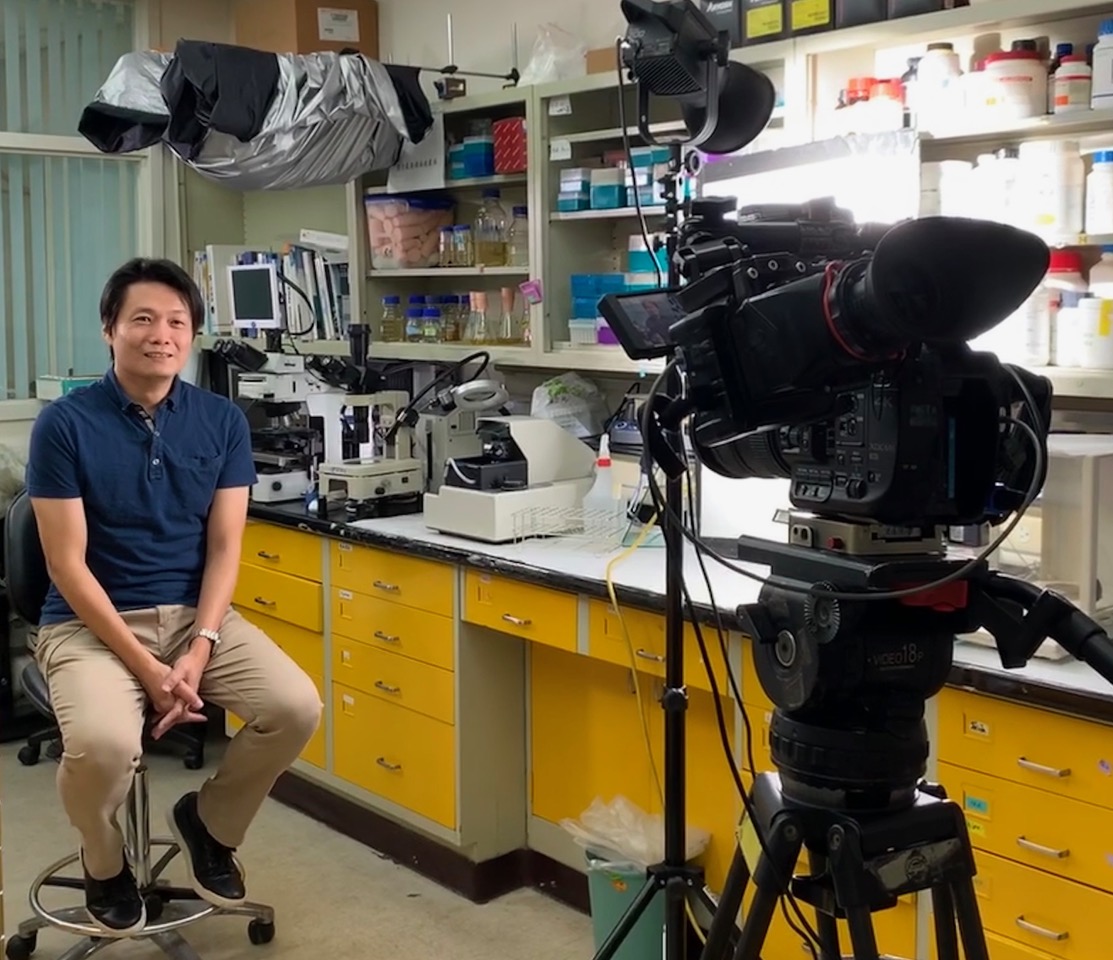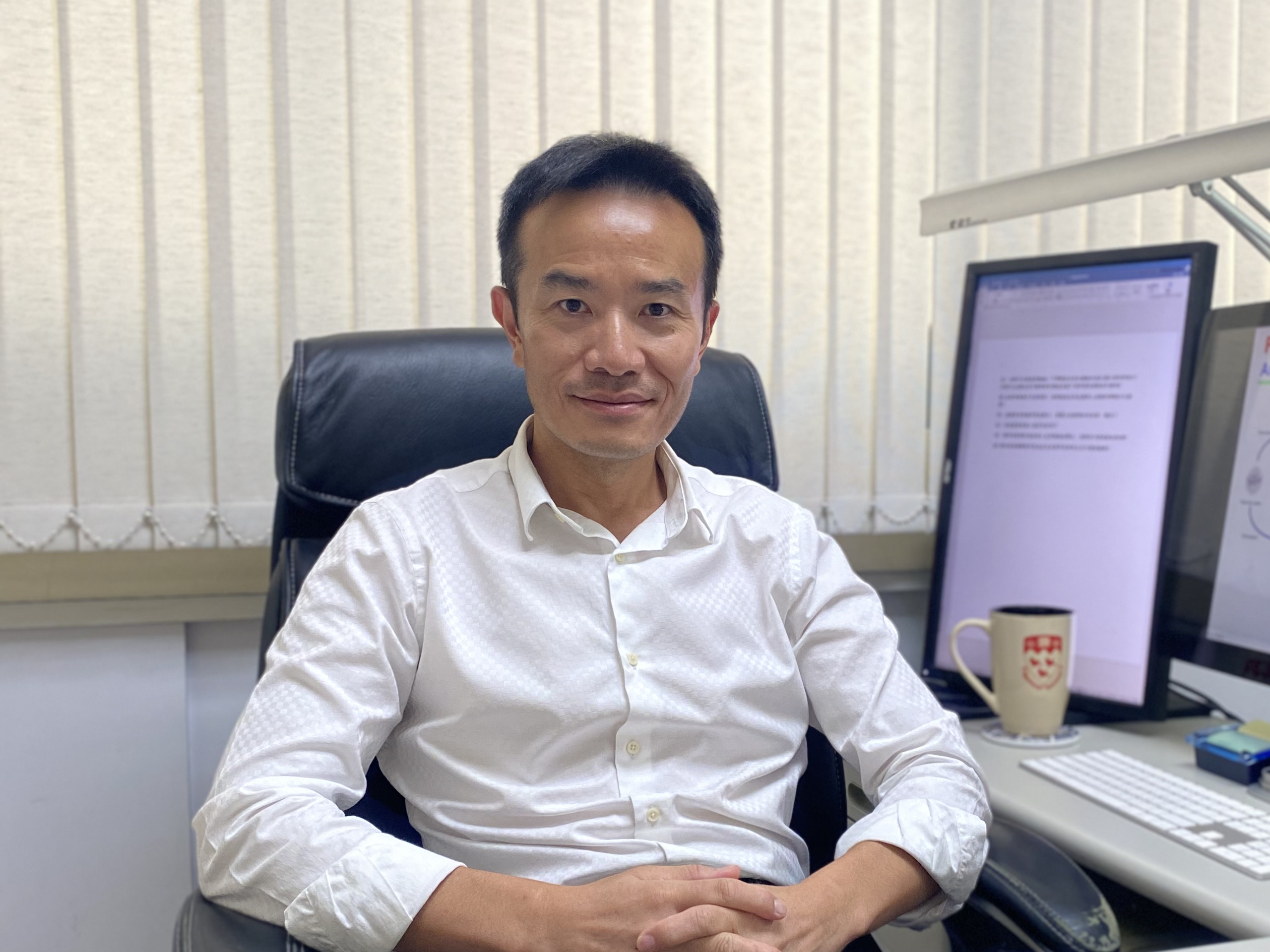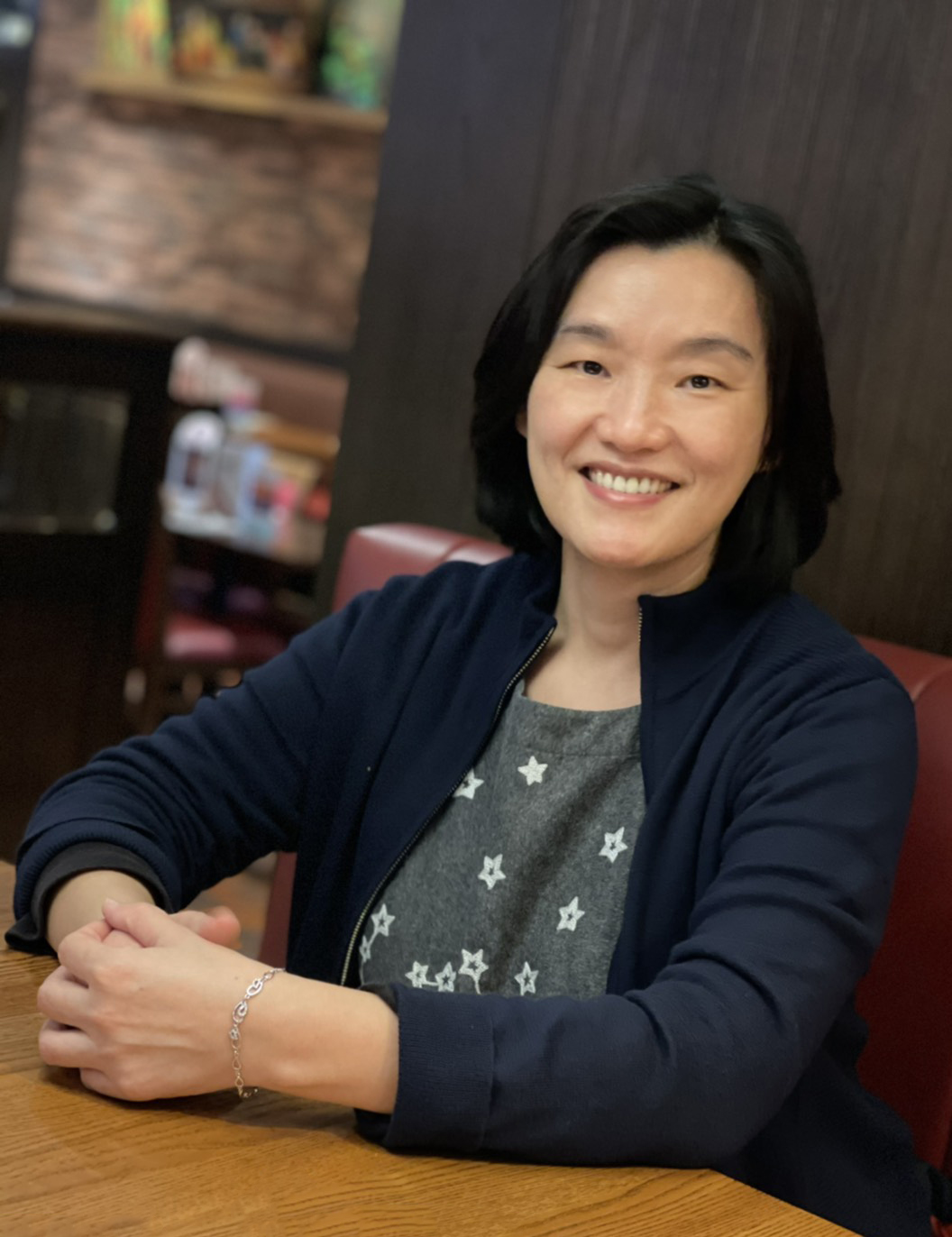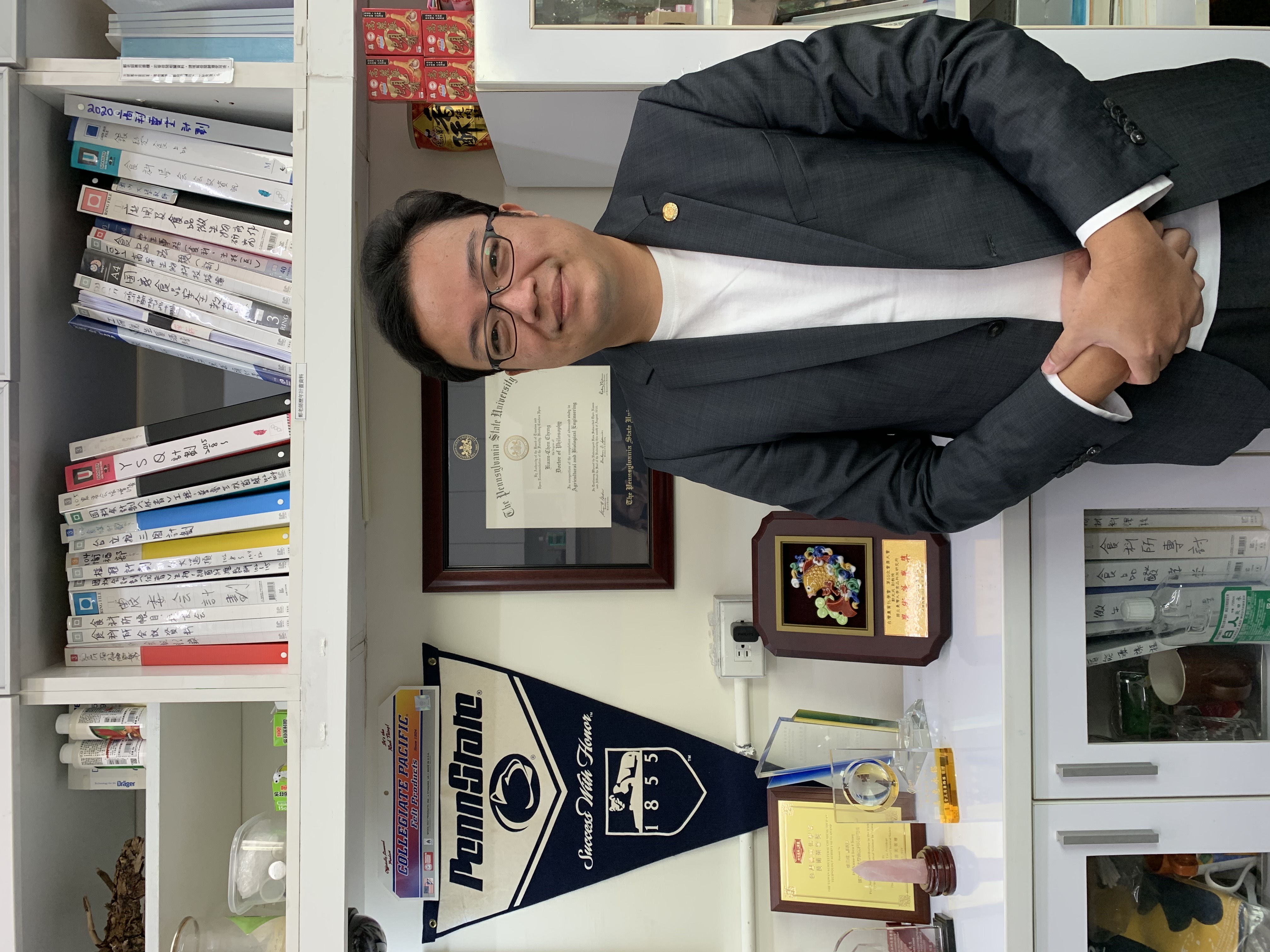Our interviewee today is Prof Jen-Chih Chen, driving by his curiosity, he is now an associate professor in the Institute of Biotechnology (IOB), and his research expertise includes plant defense, molecular biology, as well as bioenergy.
In the present, Dr. Chen’s research is focusing on both flowering plant and microalgae. During his graduate studies, he developed a virus-induced gene silencing (VIGS) technique to study flower senescence, and felt strong gene functional redundancy in the plant, and therefore, devoted to understand an unicellular microalgae, Chlamydomonas reinhardtii, which contains a simple genetic system. He hoped that understanding of the simple organism can lead him to understanding flowering plant. Because transcription factors (TFs) play important roles throughout the life cycle of plants, when he studies plant defense, TFs become the main targets. He used VIGS to identify and study important TFs in plant defense, and through the research, he realized that auxin also takes part in plant defense mechanism through some TFs.
In addition, the microalgae studies during his postdoctoral research lead him to consistently pay attention to the field, and made him put efforts also on understanding how to use wastewater in microalgae culture. Livestock wastewater contains nutrients can cause environmental pollution if not treated properly; however, the nutrients can be valuable to microalgae growth. Because of the reason, if it is possible to culture microgale in wastewater, the environmental issue can be solved, and microgale can also be harvested to produce useful materials. The goal of his studies right now is to understand the impact of wastewater bacteria in microgale culture, and identify beneficial bacteria for microgale growth. If successful, the strategy can provide new insights in wastewater treatment as well as microgale culture.
From the interview, we can feel that Dr. Chen is full of curiosity. He is interested in all sorts of biological phenomena, and enjoys dissecting them. He may have changed his research focus to animal studies, but through searching and experiencing, he returned to his beloved plant science. He told us to keep on trying new things and new ways, and by doing so, we may be able to find something really surprising. Of course, there are always challenges, and keeping on trying and enriching your knowledge should carry you a long way during your research.
